

There is a strong need for a more sustainable and community-centred tourism curriculum in Mozambique, which stems first of all from the nature of tourism in Mozambique, which, to date, is still largely focused on “sun sea sand” holidays along the 2,700 kms of coastline. Mozambique has enormous potential, however, does not yet experience a large share of the tourist market. In addition, the sector is still hugely dominated by foreign investment, mainly from South Africa, contributing little to the balance of payments and poverty alleviation in the country.
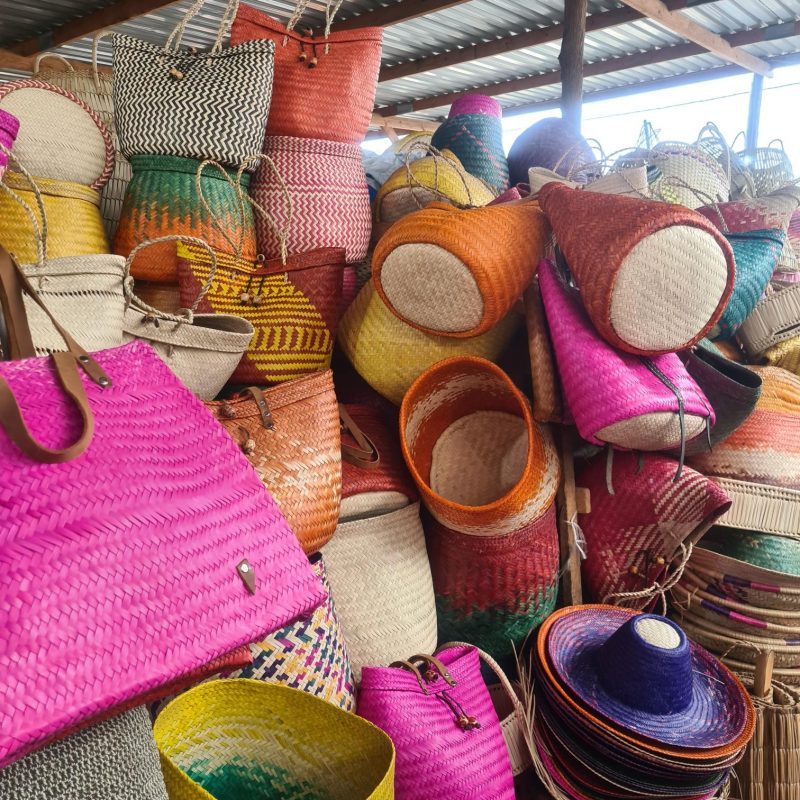
CAST Mozambique has emerged from a successful preparatory funding as part of the APPEAR scheme, which is implemented by the Austrian Agency for Education and Internationalisation (OeAD) and funded by the Austrian Development Cooperation. The successful preparatory funding in 2021 enabled the project team first in-person meetings through visits at both the Austrian and Mozambican institutions, as well as a better understanding of the local country context and the higher education situation. Part of the academic visits were not only meetings to discuss and plan out the application for the APPEAR Academic Partnership application, but also guest lectures and field trips to sites of agricultural production.
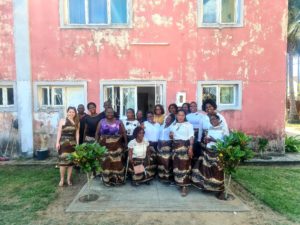
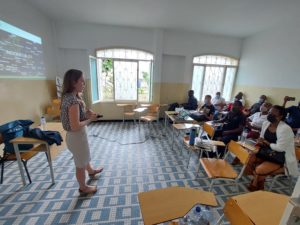
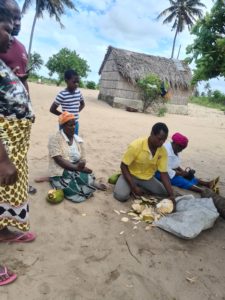
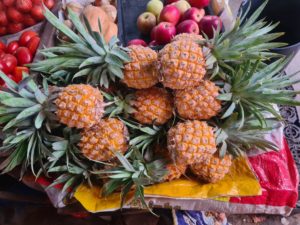
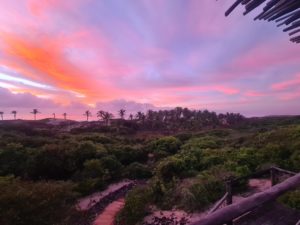
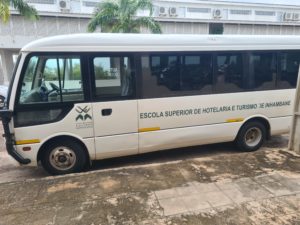
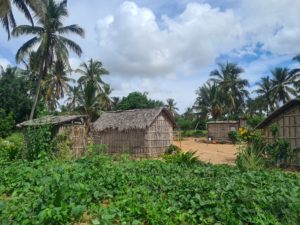
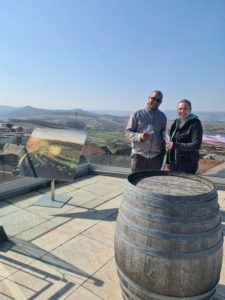
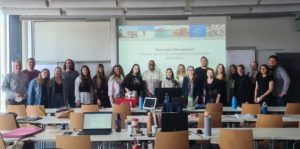
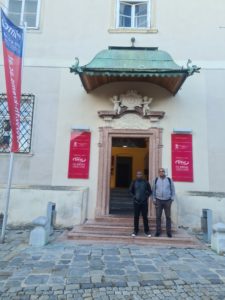
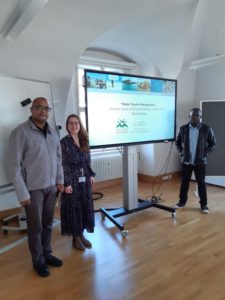
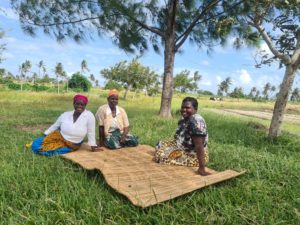
CAST Mozambique takes the form of a 4-year APPEAR Academic Partnership (from 2023 to 2027) focused on capacity building in Higher Education (HE) for sustainable rural tourism development in Mozambique. It does so through fostering a collaboration between IMC Krems and Universidade Eduardo Mondlane (UEM/ ESHTI) Mozambique to enable the sharing of practises regarding sustainable rural tourism education and development.
Residents in rural Mozambique often lack skills, vision and understanding of what makes a viable sustainable tourism product. CAST Mozambique strengthens the focus on sustainable rural tourism in the current Tourism Bachelor’s degree at ESHTI by creating new courses that foster an exchange between students and rural entrepreneurs and help create linkages between these rural areas and the tourism industry. It does so by enabling students to
1. learn about the issues and sustainable development challenges of tourism in rural areas and
2. co-create viable sustainable rural tourism business ideas together with rural community members.
These practice-oriented courses will provide students with hands-on experiences to apply sustainable tourism principles to real-world scenarios in rural Mozambique. The joint delivery of these courses will foster knowledge exchange and collaboration between the two institutions.
Residents in rural areas will benefit from assistance & training in sustainable tourism product development & marketing. The project empowers communities in developing viable sustainable tourism businesses and marketing strategies, so to alleviate poverty in Mozambique’s rural areas. Rural communities in Mozambique (particularly in the areas surrounding Inhambane & Vilankulos) will benefit from this project due to their increased visibility and voice in shaping both HE and ultimately the tourism industry in the country and their region. The project will give them more say in shaping a sustainable tourism curriculum for the future and they will benefit further from collaborations between university (staff and students) on identifying the tourism potential and developing bottom-up sustainable rural tourism products
CAST Mozambique seeks to establish a comprehensive Master's program in sustainable tourism at the Universidade Eduardo Mondlane (UEM). The MA curriculum will equip students with in-depth knowledge and practical skills in sustainable tourism principles, practices, and methodologies. Graduates of the program will be well-prepared to contribute to the development and management of sustainable tourism initiatives in Mozambique, both in rural, coastal and urban areas. The design of this new MA degree is based on a careful analysis of both needs and feasibility.
CAST Mozambique strengthens the capacity of UEM staff to teach and research sustainable tourism by providing specialized training to UEM faculty members. This training covers various aspects of sustainable rural tourism, including pedagogical skills, curriculum development, research methodologies, and community engagement. The enhanced skills of UEM staff will contribute to the effective delivery of sustainable tourism education and research at the university. In addition, training is provided on how to publish and present research papers and projects. Knowledge is spread and passed on with the help of a train-the-trainers approach throughout the project.
CAST Mozambique plays a role in the achievement of various SDGs, of which it contributes directly to SDG 4 through the strengthening of institutional capacities in Higher Education, the development of a more sustainability-oriented tourism curriculum, as well as through conference visits and a PhD scholarship. Given its strong involvement of both female project partners and female rural entrepreneurs, it further makes a direct contribution to SDG 5. Lastly, CAST Mozambique is focused on livelihood diversification and the reduction of inequalities in Mozambique’s rural areas, including those that are often marginalised, aligning with the aims of SDG 10.
CAST Mozambique further contributes to a range of SDGs in a more indirect way through the active involvement of women and rural communities and the support of tourism development in the region. In the long-run, planned activities not only create more decent jobs (SDG 8), but also reduce poverty (SDG 1) and create a stronger link between agriculture and tourism (SDG 2). Through Higher Education activities on sustainable tourism, students learn about responsible consumption and production (SDG 12) and actors at various levels begin to cooperate (SDG 17) in a tourism industry that is highly fragmented.
